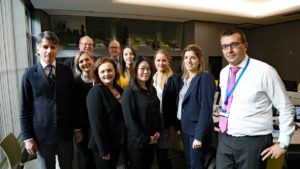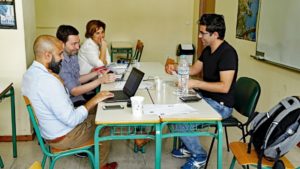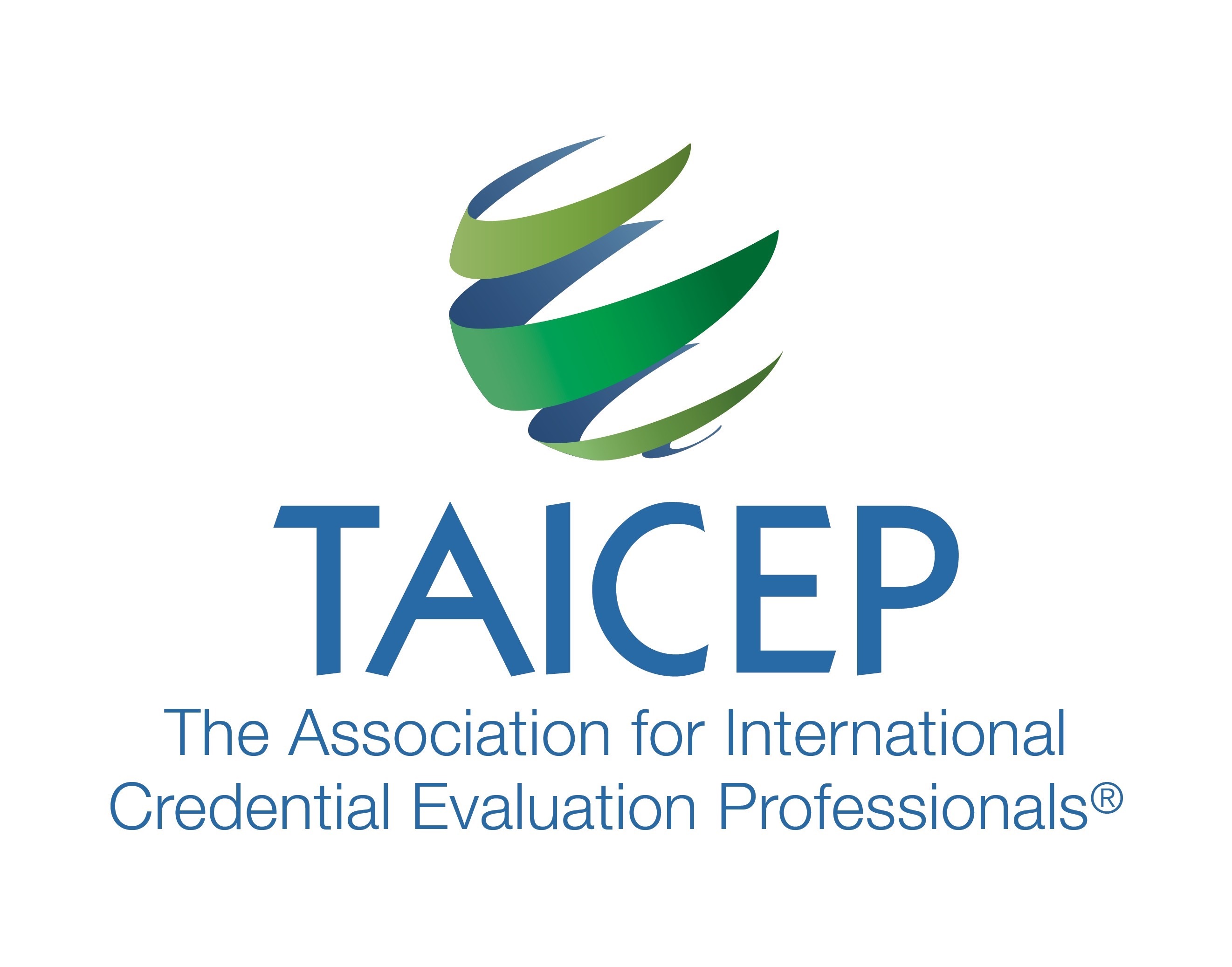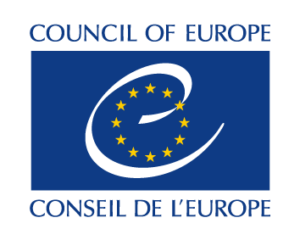Credential evaluators’ joint efforts for improving of the refugees’ opportunities for qualifications assessments in the Council of Europe project.
Written by: Marina Malgina, Head of Section / Seksjonssjef, Section for recognition of refugees’ qualifications / Flyktningeseksjonen, Department of Foreign Education.
Norwegian Agency for Quality Assurance in Education (NOKUT), Norwegian ENIC-NARIC
This year marks the start of the next phase of the European Qualifications Passport for Refugees (EQPR)-project. In 2017, the Council of Europe, the Greek ministry of education and four ENIC-NARIC offices (national information centres working on recognition issues) in Greece, Italy, Norway and the United Kingdom tested a method for assessing refugees’ qualifications, even when they cannot be adequately documented. The method was originally suggested by the Norwegian ENIC-NARIC (NOKUT) and UK NARIC in 2015 and tested in Norway by NOKUT in 2016.
The project established the EQPR as a format for describing the qualifications in such a way that the assessment can be used for access to higher education or employment. It is designed to be of use not only in the country where the EQPR is issued but also in other countries in the European region. Several refugees assessed during the pilot have already been able to use the EQPR to access studies.
Given the success of the pilot project, a three-year project was launched to develop the EQPR further. The project will allow for testing in more countries and involve more partners: in addition to the former partners, the new project will involve the Italian ministry of education as well as the ENIC-NARICs of Armenia, Canada, France, Germany and the Netherlands.

https://www.coe.int/en/web/education/recognition-of-refugees-qualifications
The project is run by Council of Europe. The UNHCR, the UN refugee agency, will also be more involved in this next stage. The project has so far received financial support from the ministers of education in Greece, Italy and Norway as well as from the Council of Europe.
In the next phase (2018-2020), the online assessment will be a key part, as will the development of secure electronic storage of the EQPRs issued. The goal will be to enable refugees to access their own EQPR and share it on an individual basis with any higher education institution or prospective employer.
The project’s next phase will include new groups of refugees with different profile. In the pilot phase, the intervieewes were mainly Syrian, Iraqi or Afghan refugees claiming higher education qualifications. These groups will still be included in the new project, especially in Greece. However, the refugee population in Italy has a different profile – many of them coming from Sub-Saharan Africa and claiming secondary rather than higher education qualifications. This offers an opportunity to test the EQPR in new circumstances and potentially to expand its use.
In addition, the project will include developing an alumni network of EQPR holders. Alumni will help new holders of the EQPR to integrate better into their new local societies by accessing further studies and the labour market.
The involvement of more ENIC-NARICs in the upcoming three-year project by Council of Europe will help put the EQPR more firmly on the agenda of the ENIC and NARIC Networks, which is crucial in developing recognition policy and practice in Europe.

https://www.coe.int/en/web/education/recognition-of-refugees-qualifications
The European Qualifications Passport for Refugees can be of use to any European country and is explicitly mentioned in the recommendation on the recognition of qualifications held by refugees, displaced persons and persons in a refugee situation that the Lisbon Recognition Convention Committee adopted in November 2017.
In this Edition:
Organizational Updates -May 2018 Newsletter
Member Spotlight: Grant Adams A New Home in Credential Evaluation -May 2018 Newsletter
EQPR Project -May 2018 Newsletter
Building a Resource Library Part IV: Translations -May 2018 Newsletter
Add to Your Library: May 2018 Newsletter
From the TAICEP Website -May 2018 Newsletter

